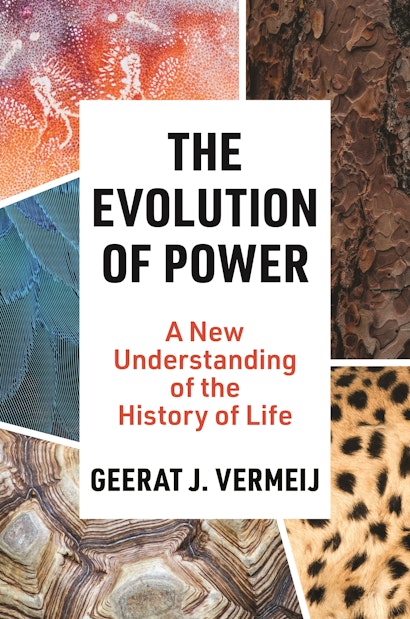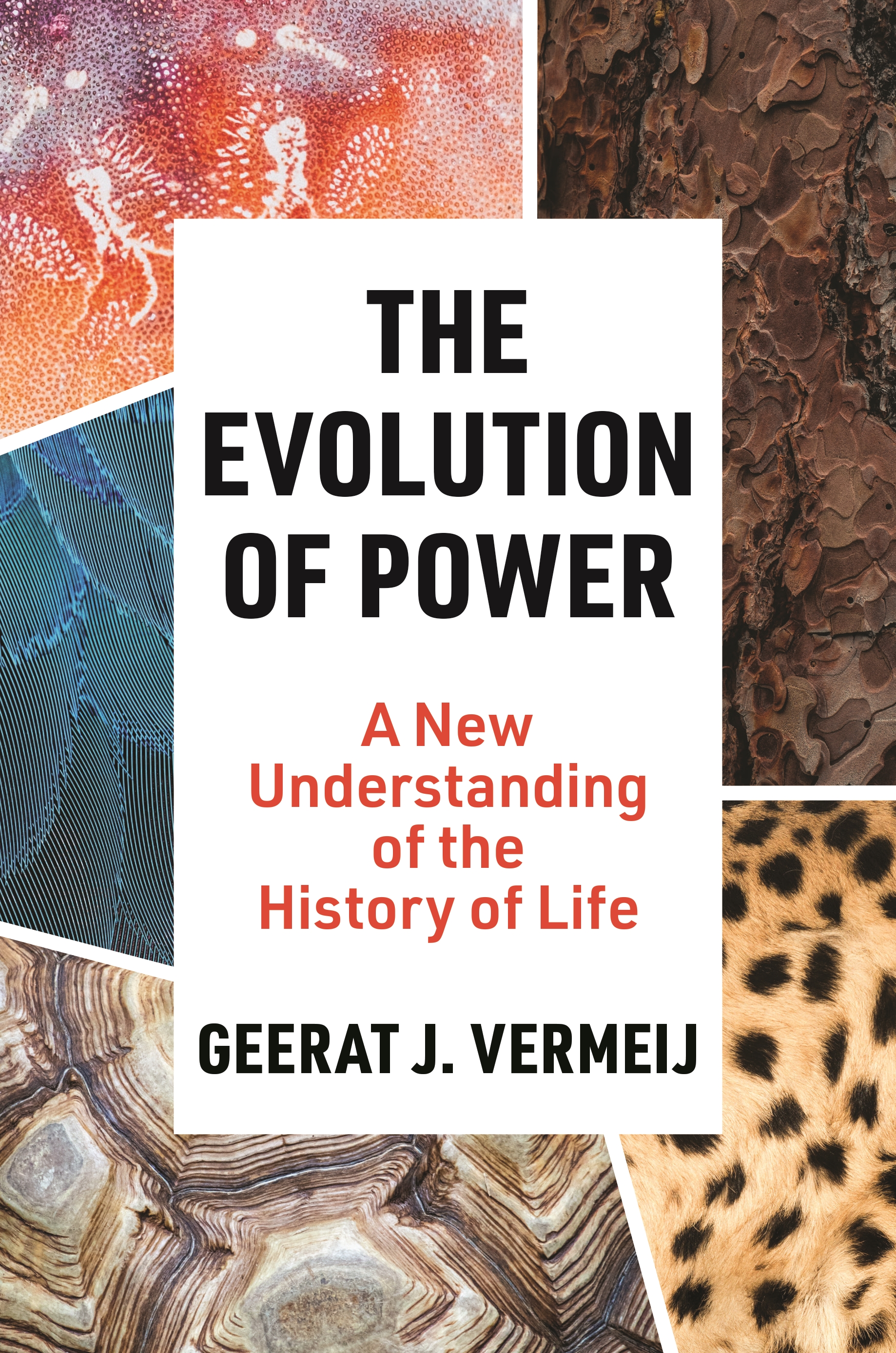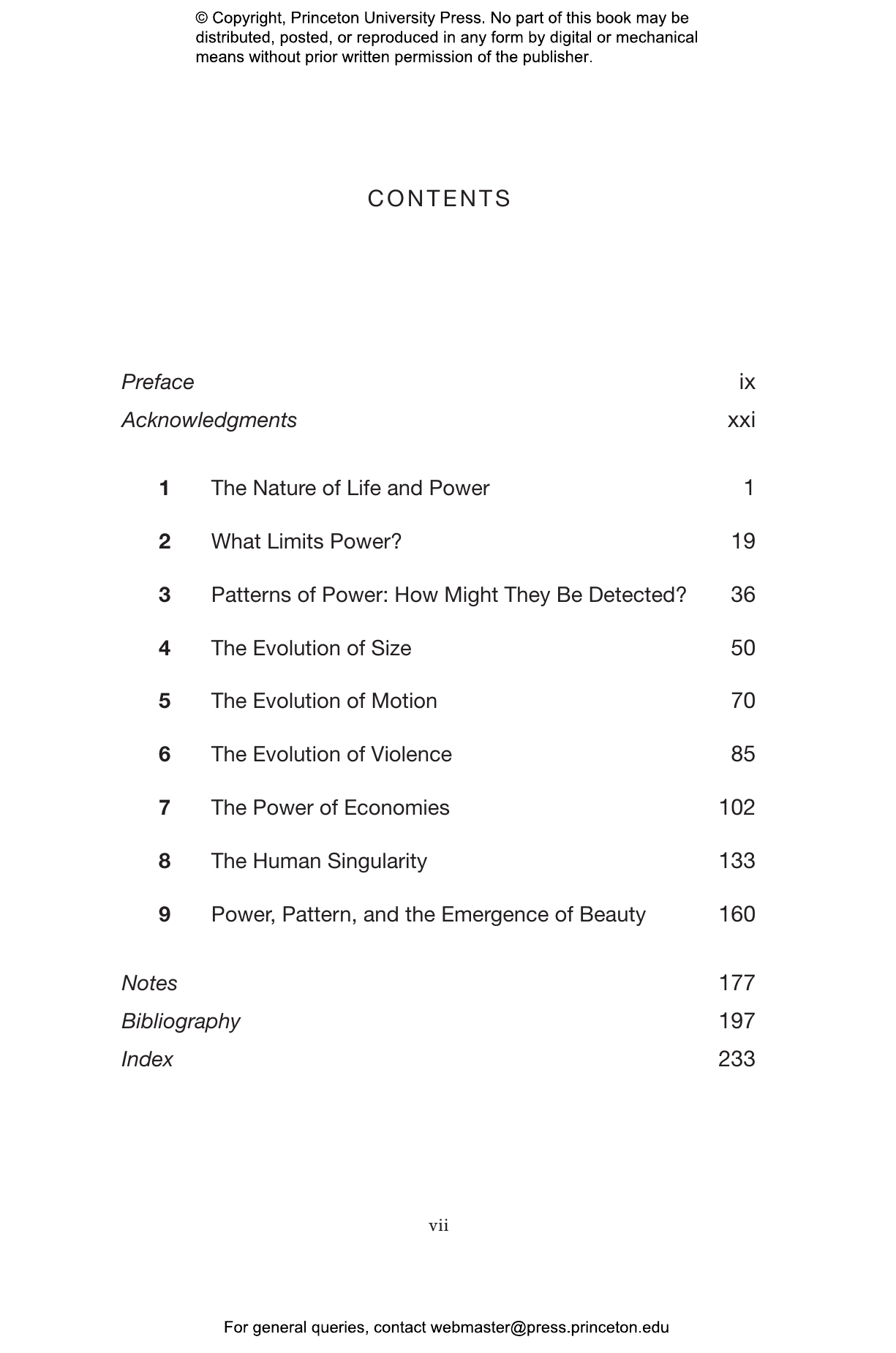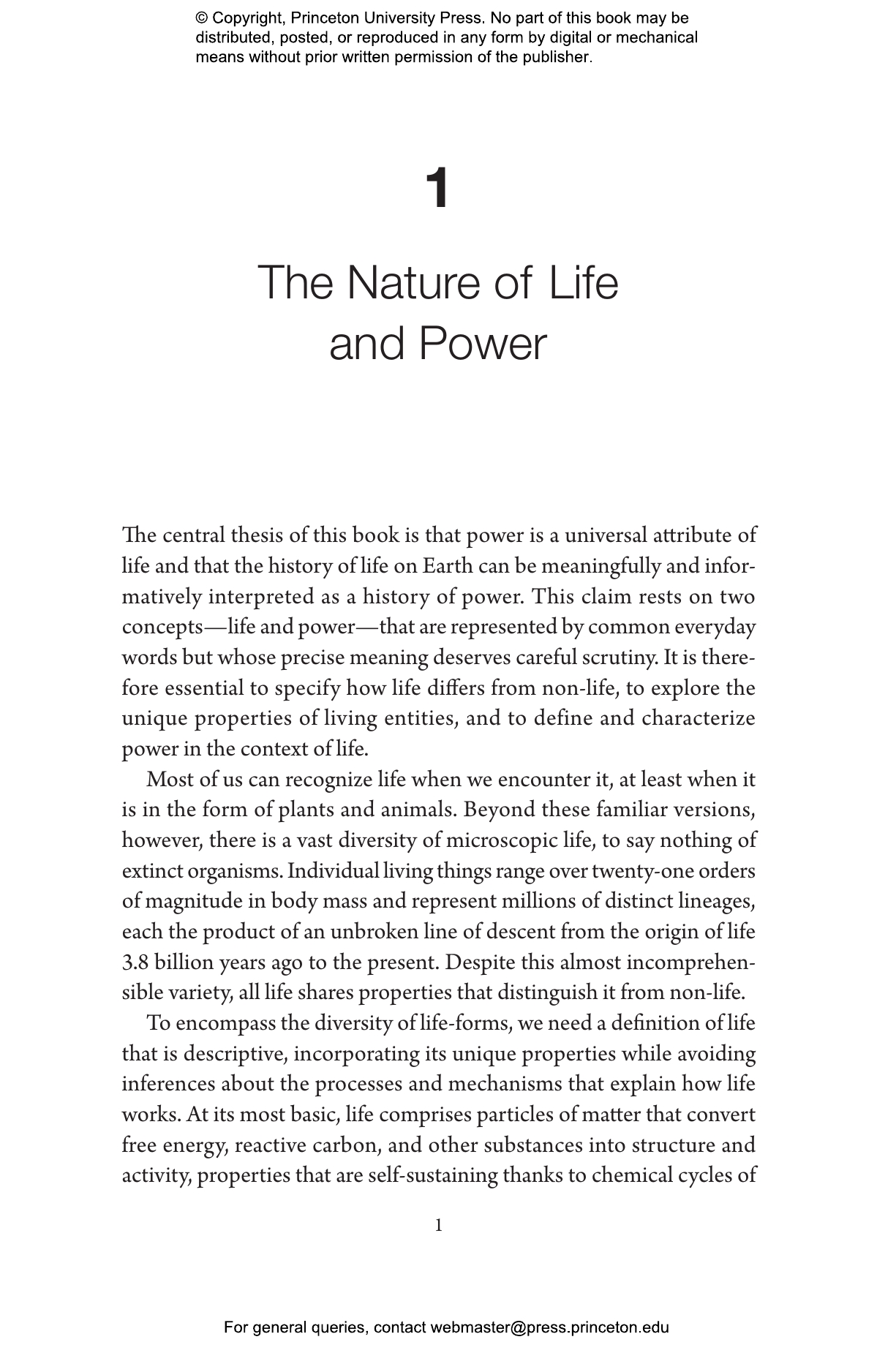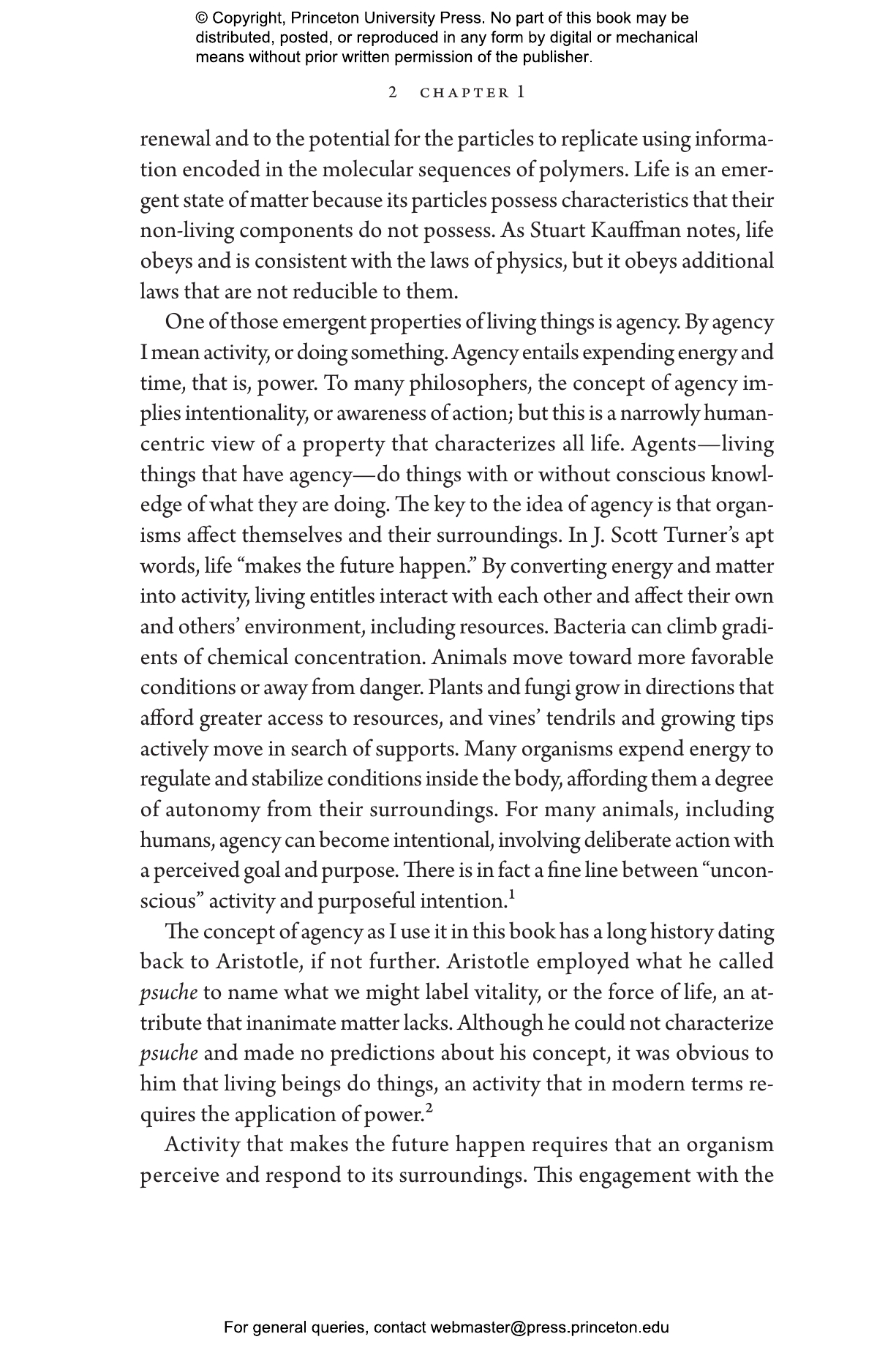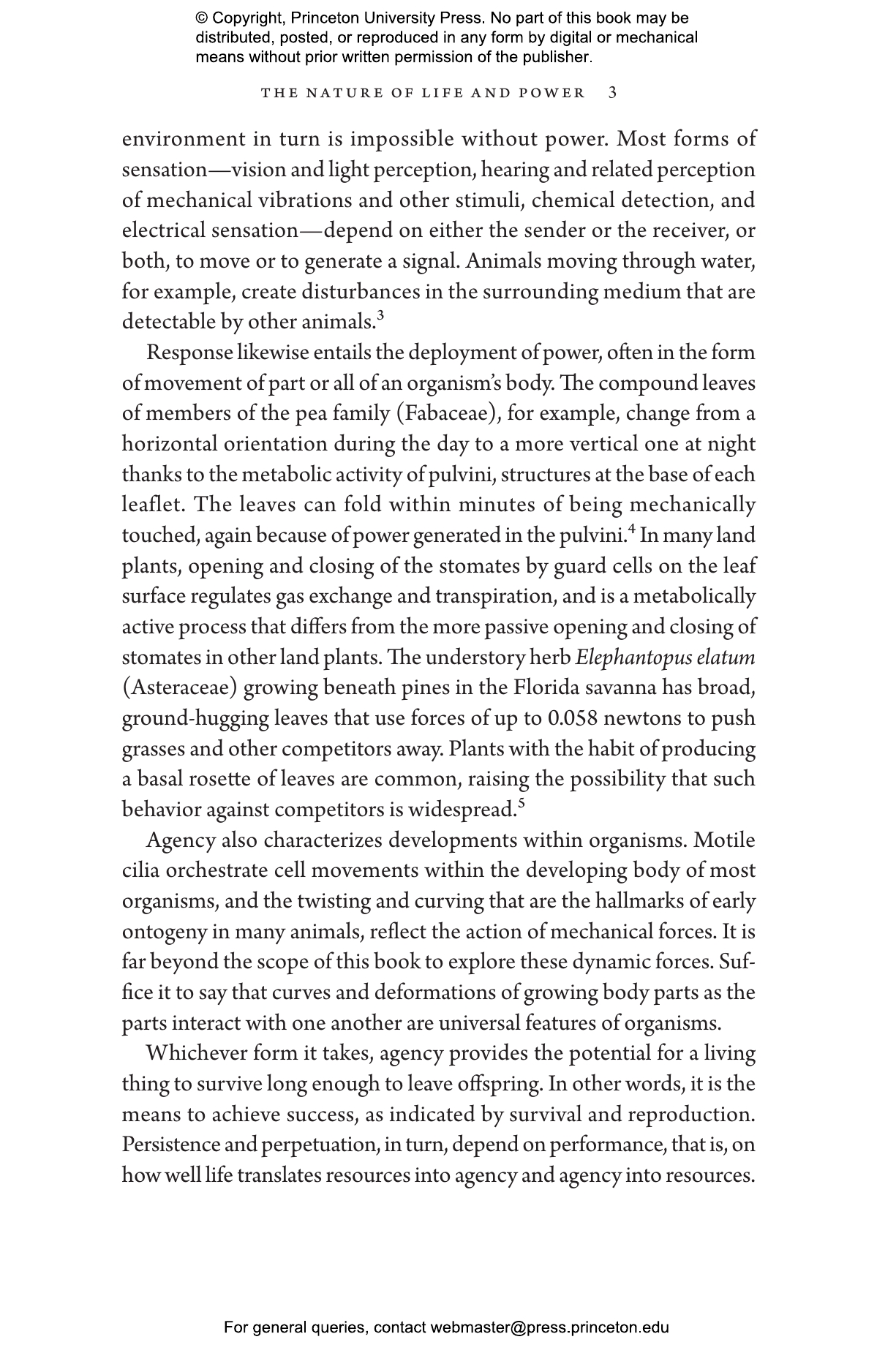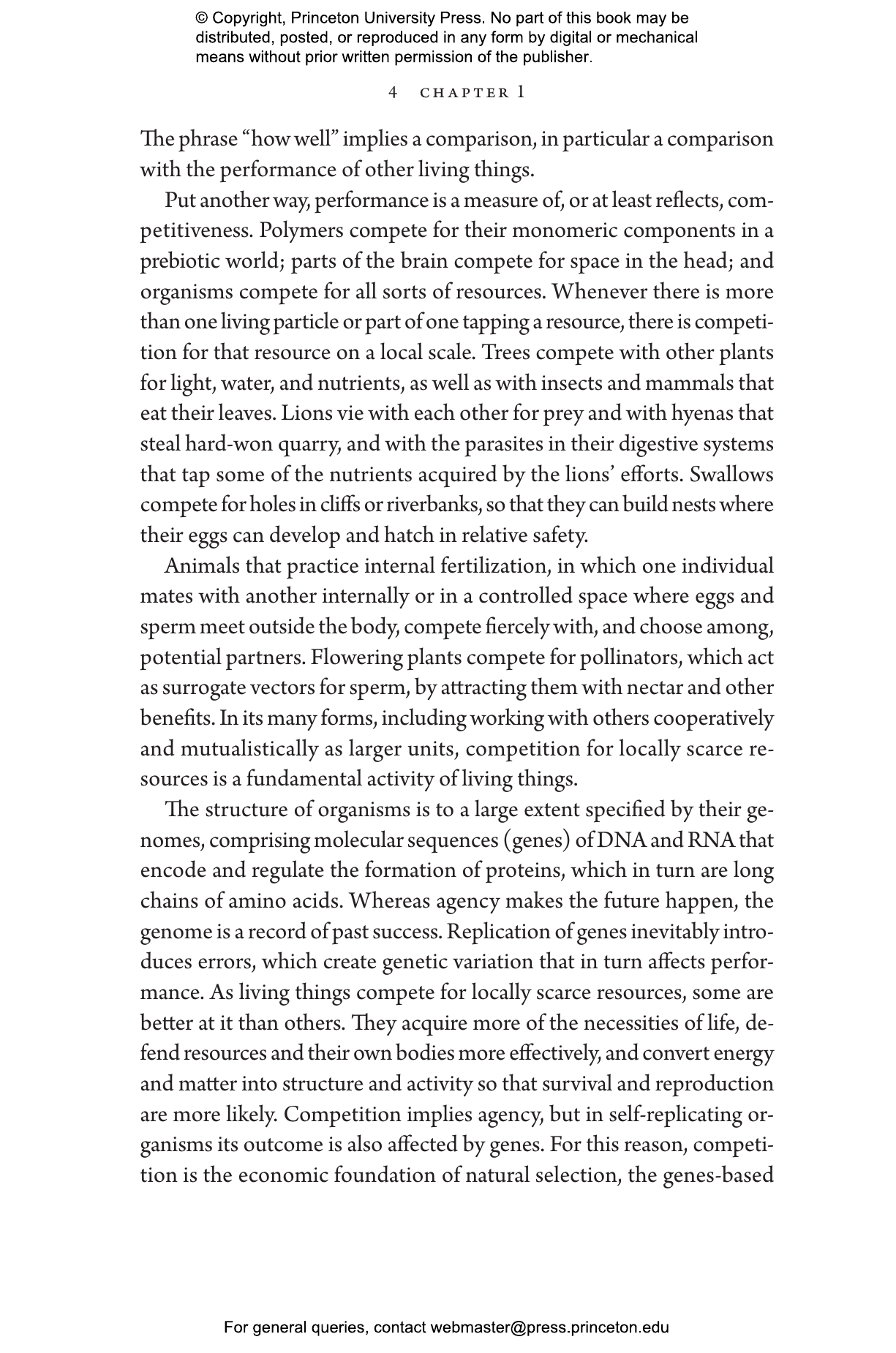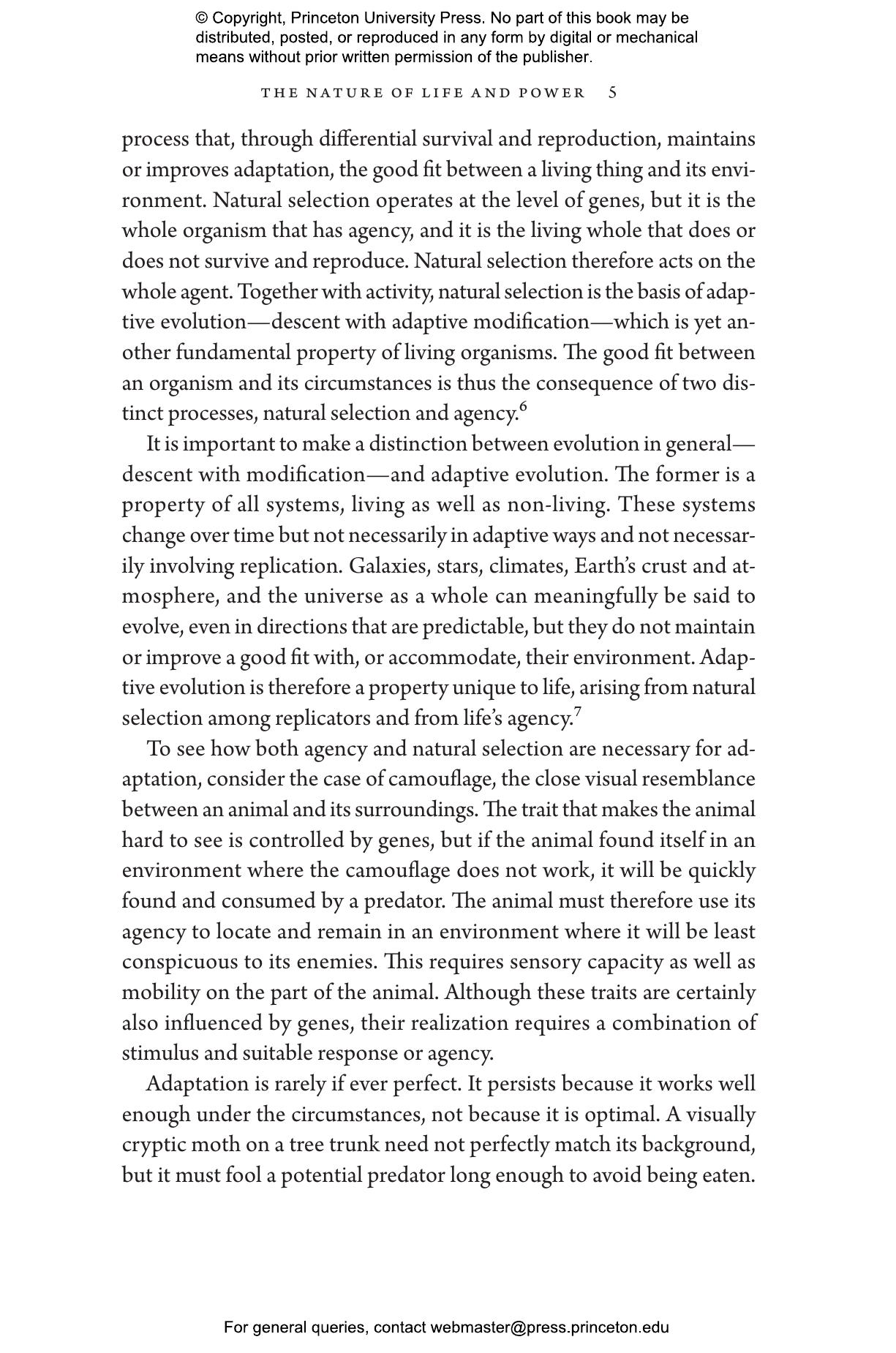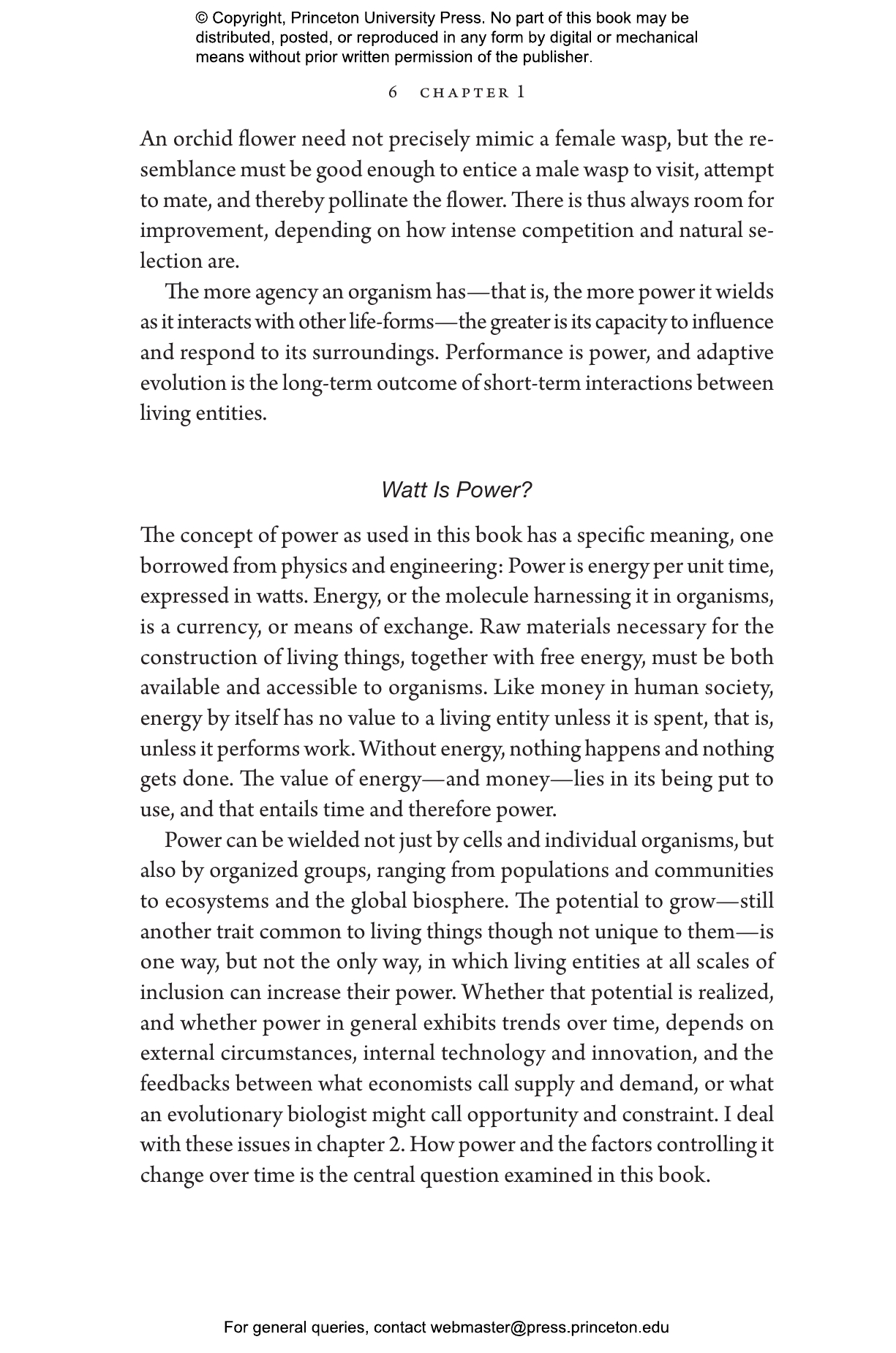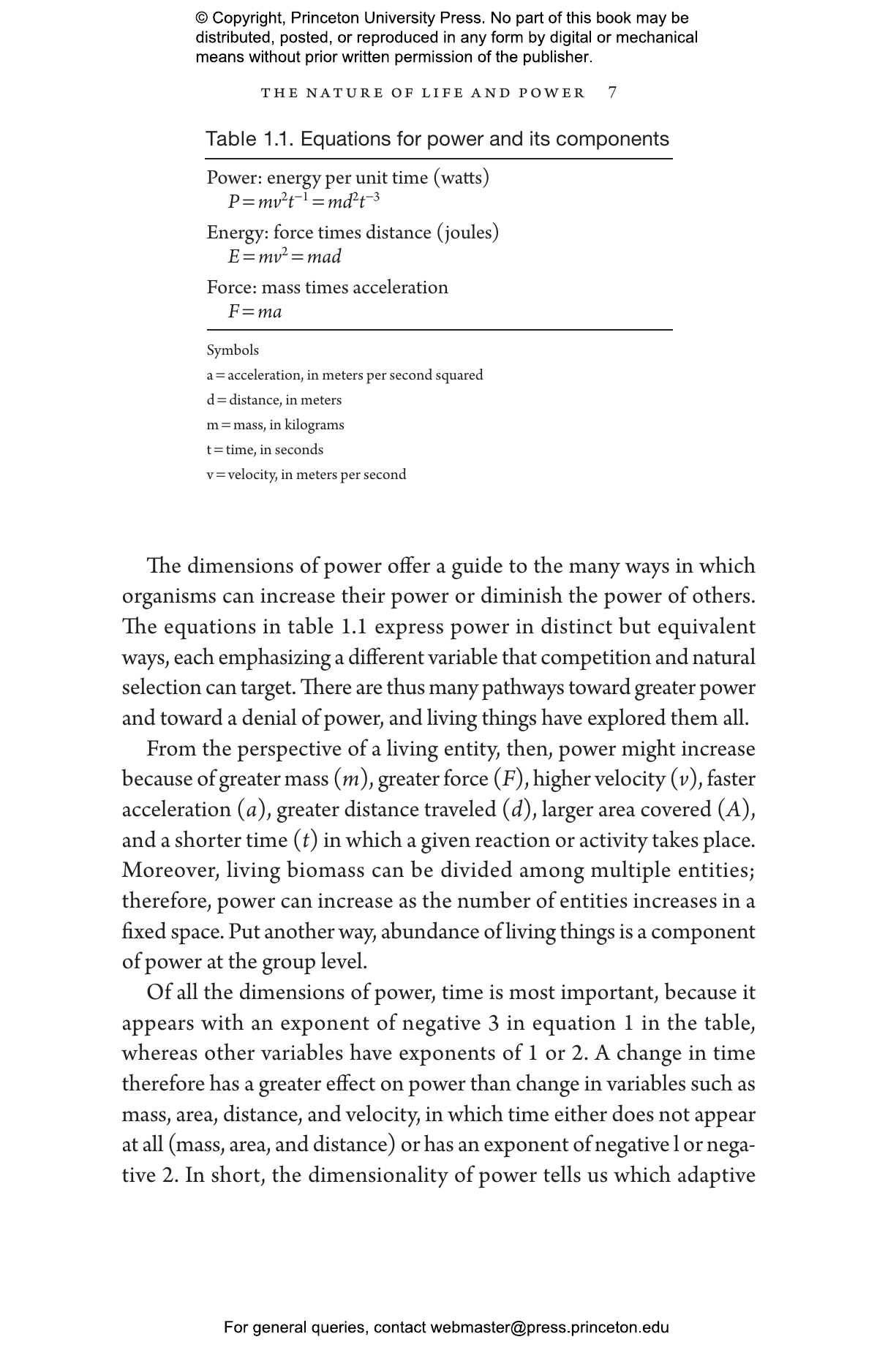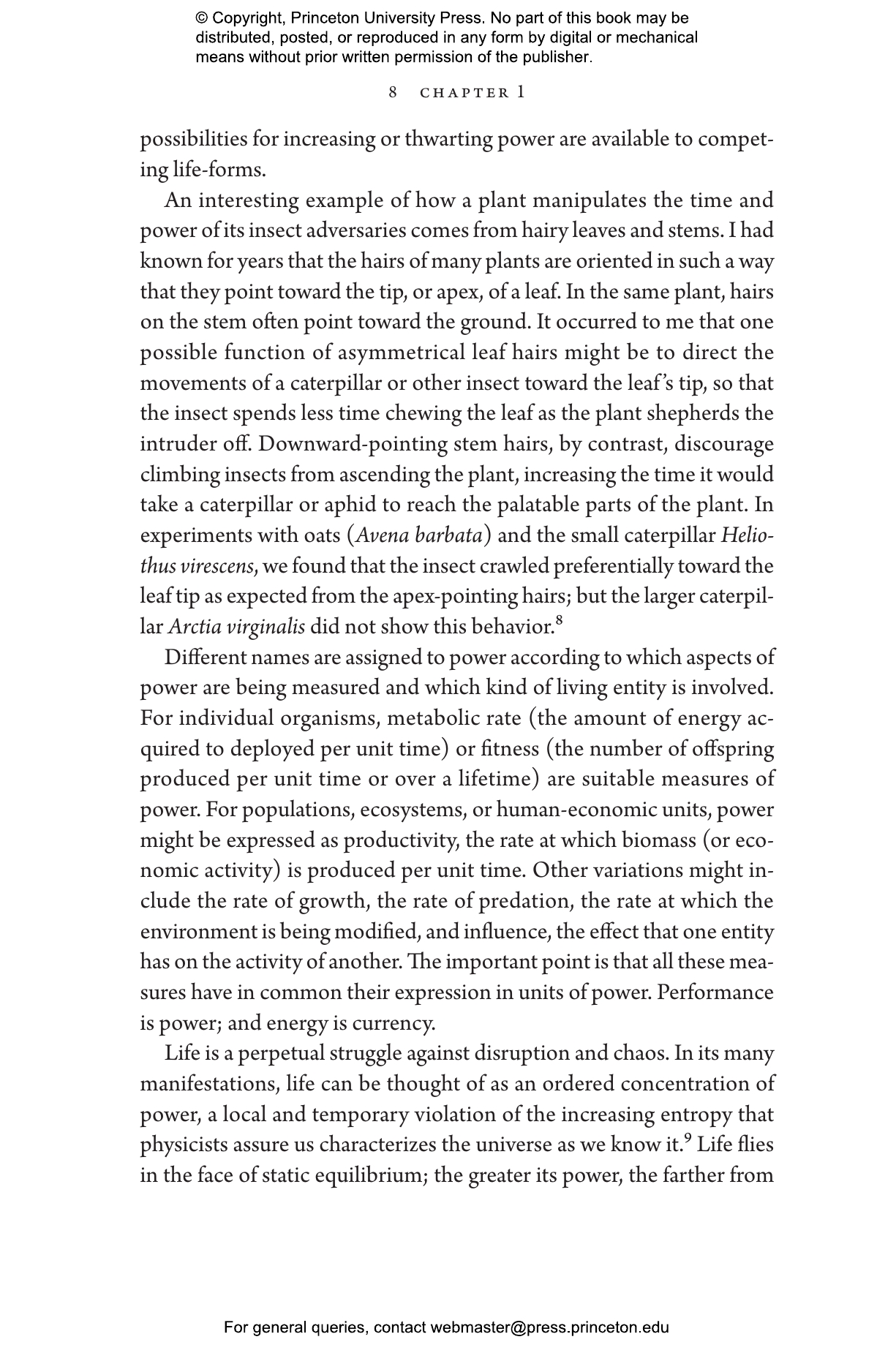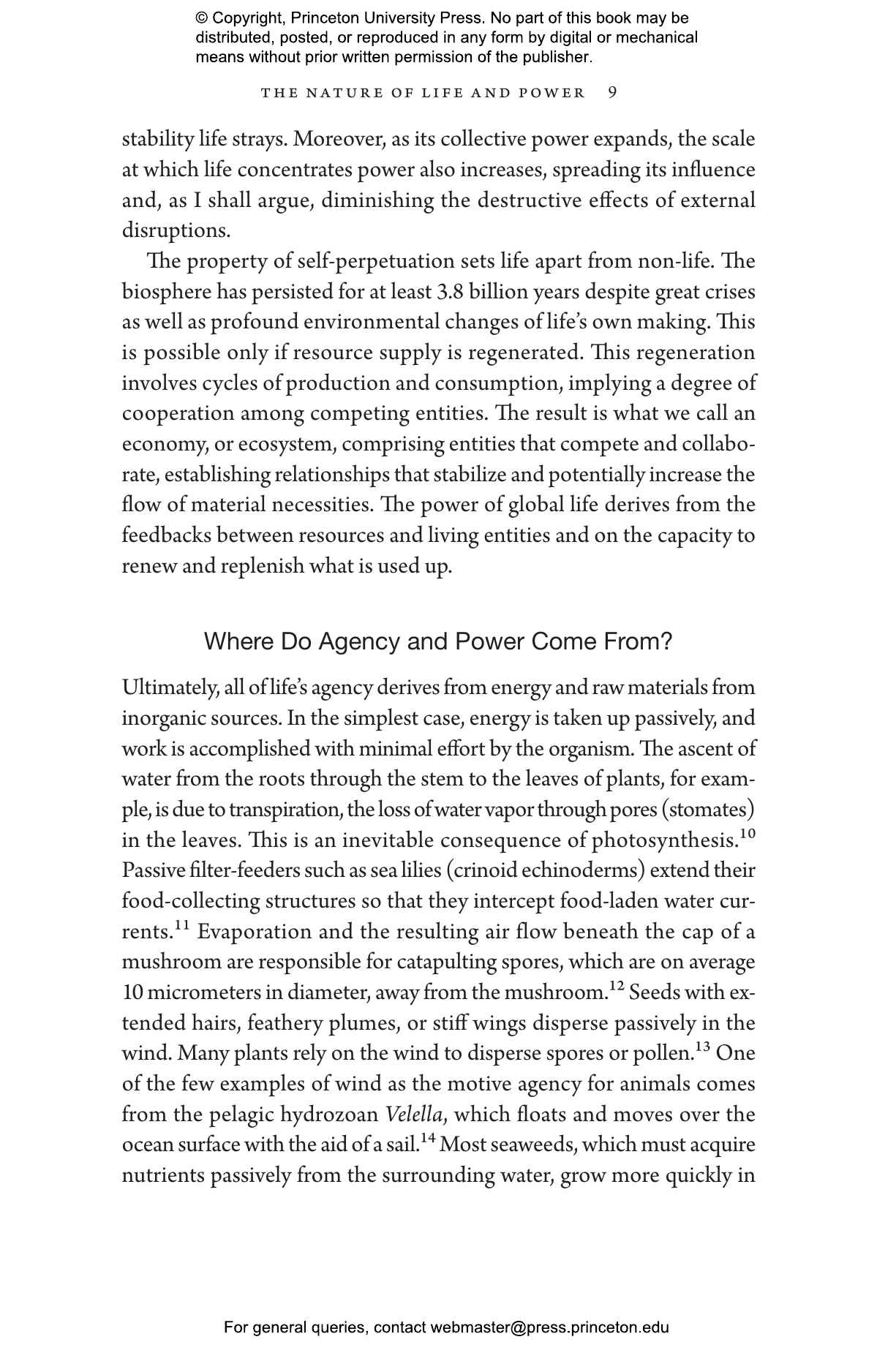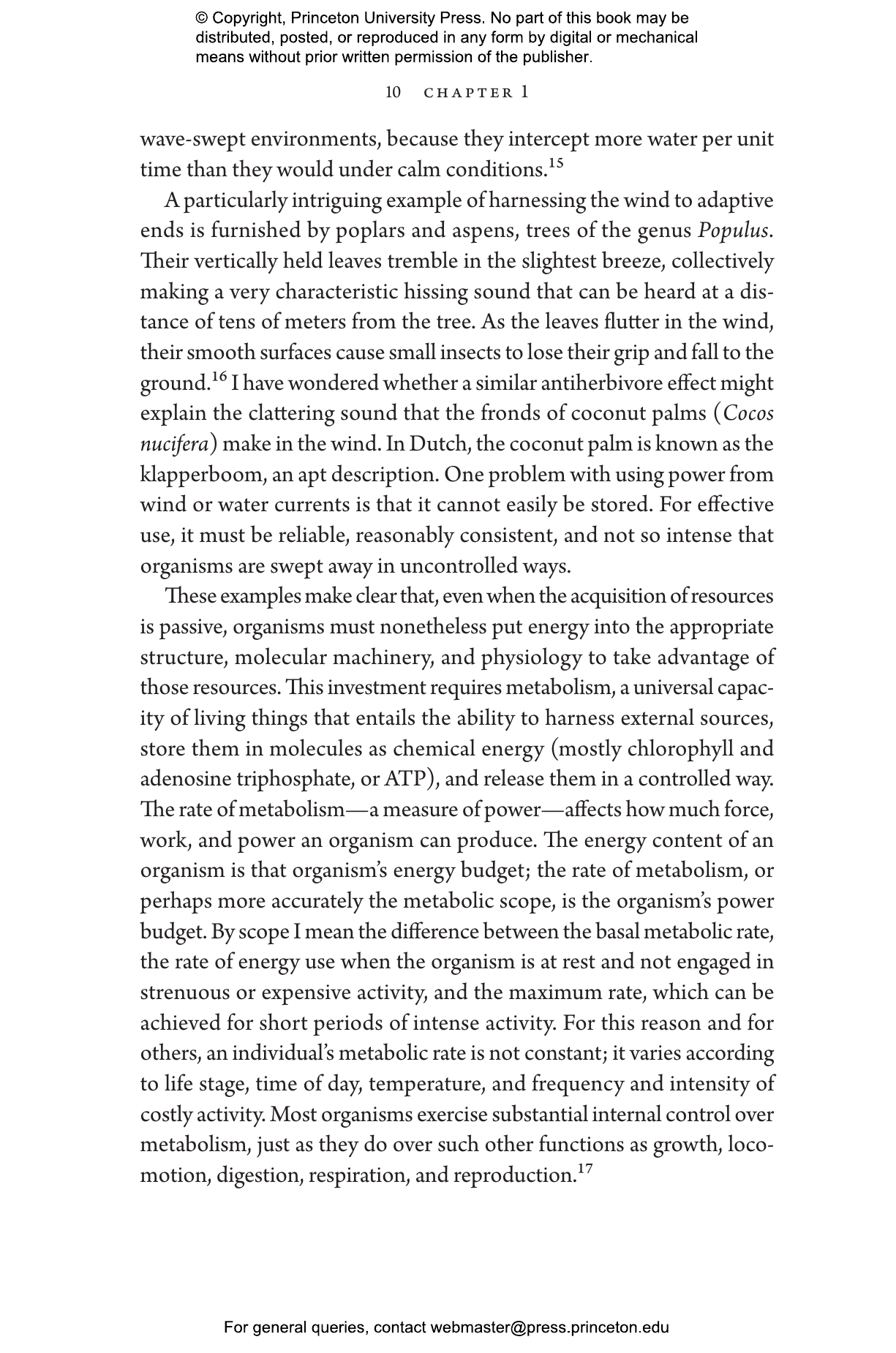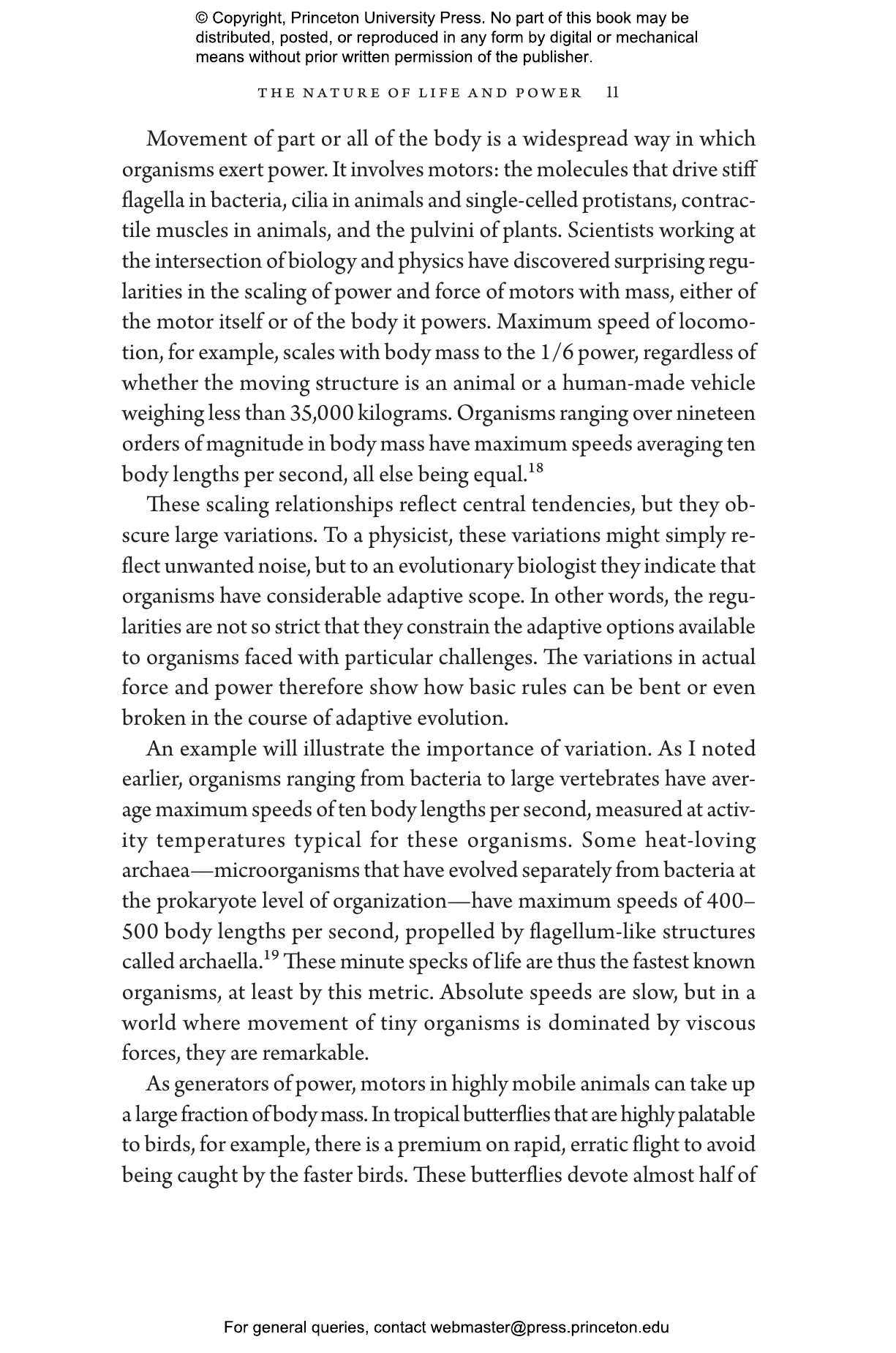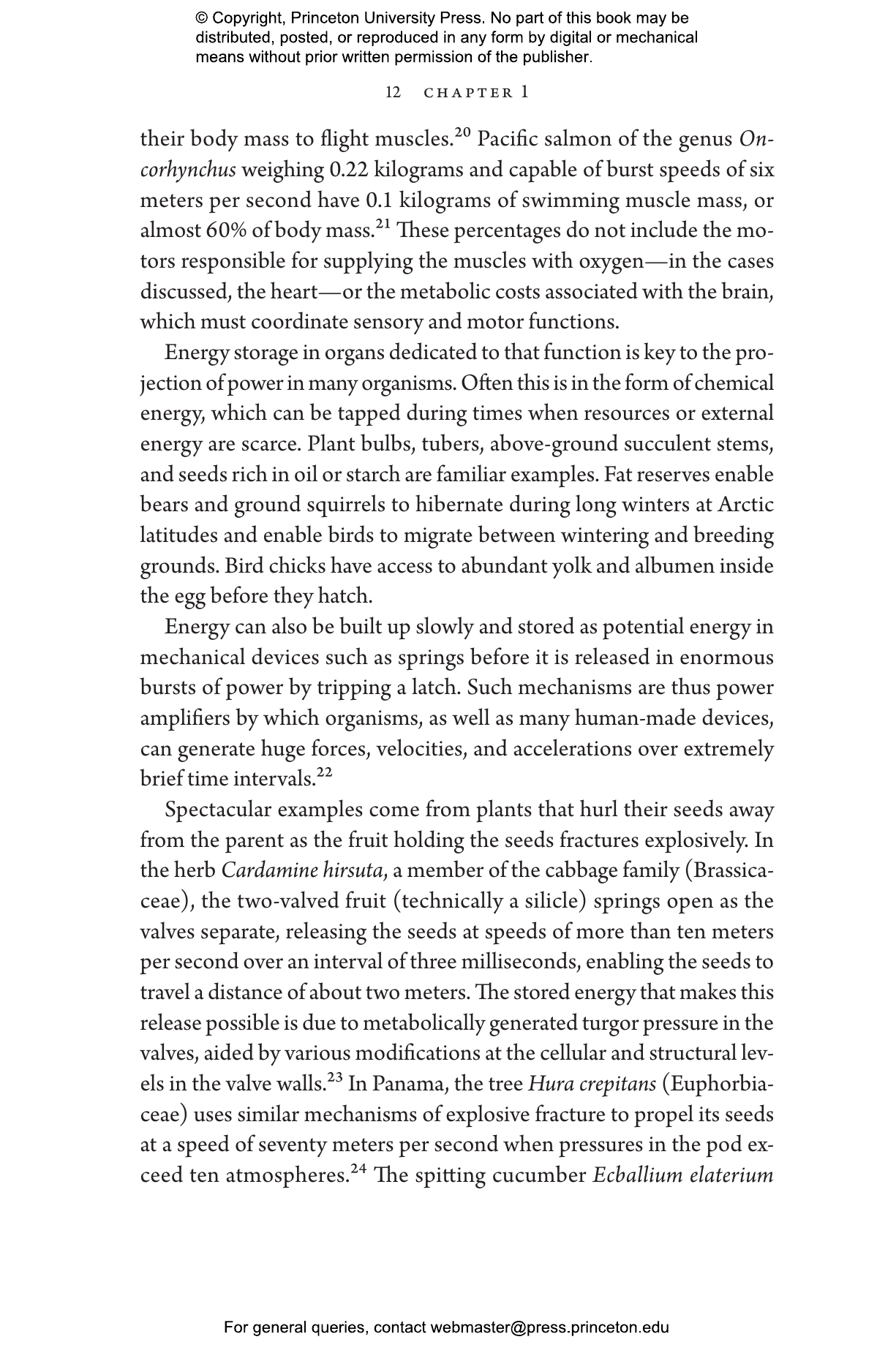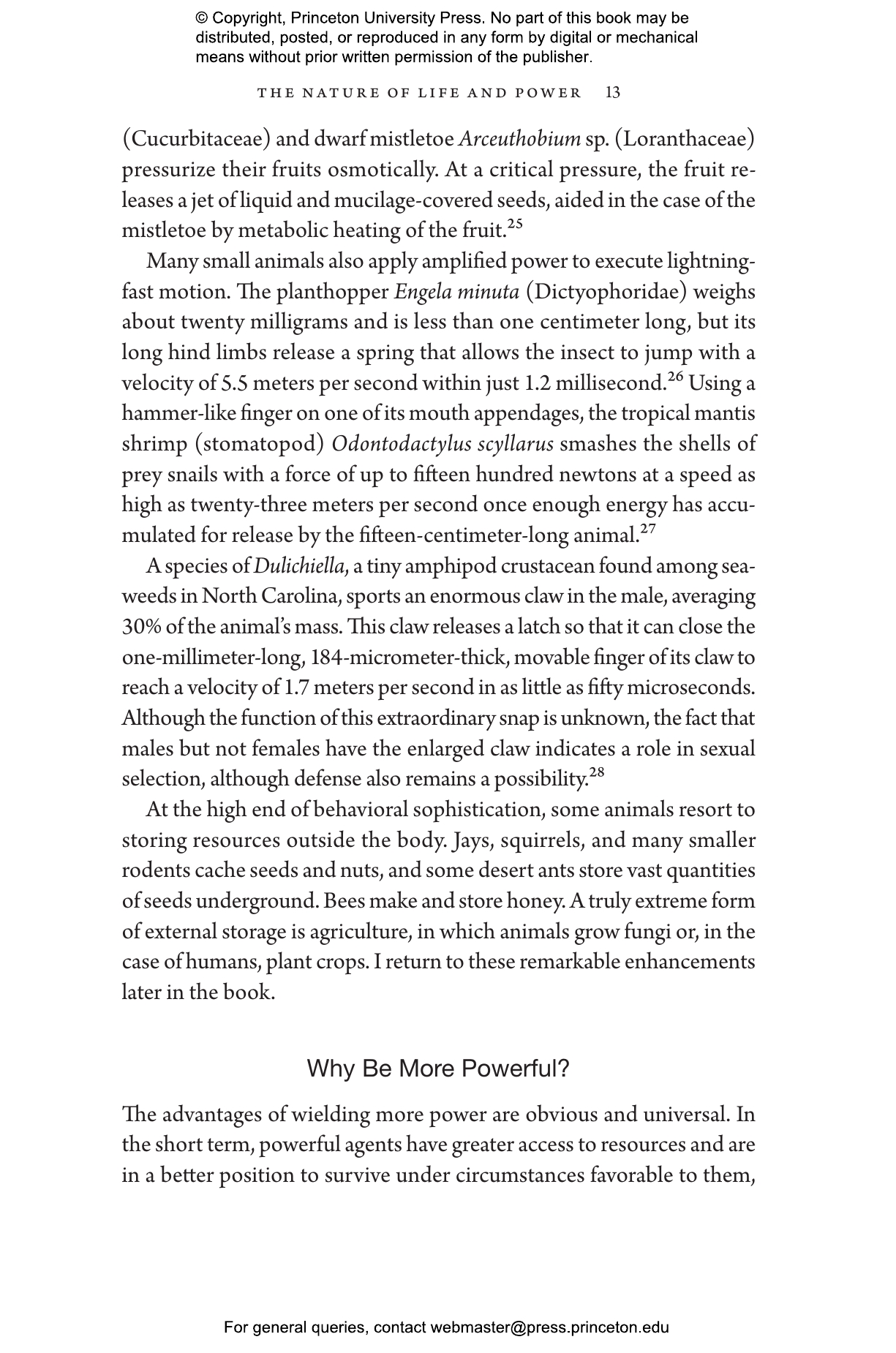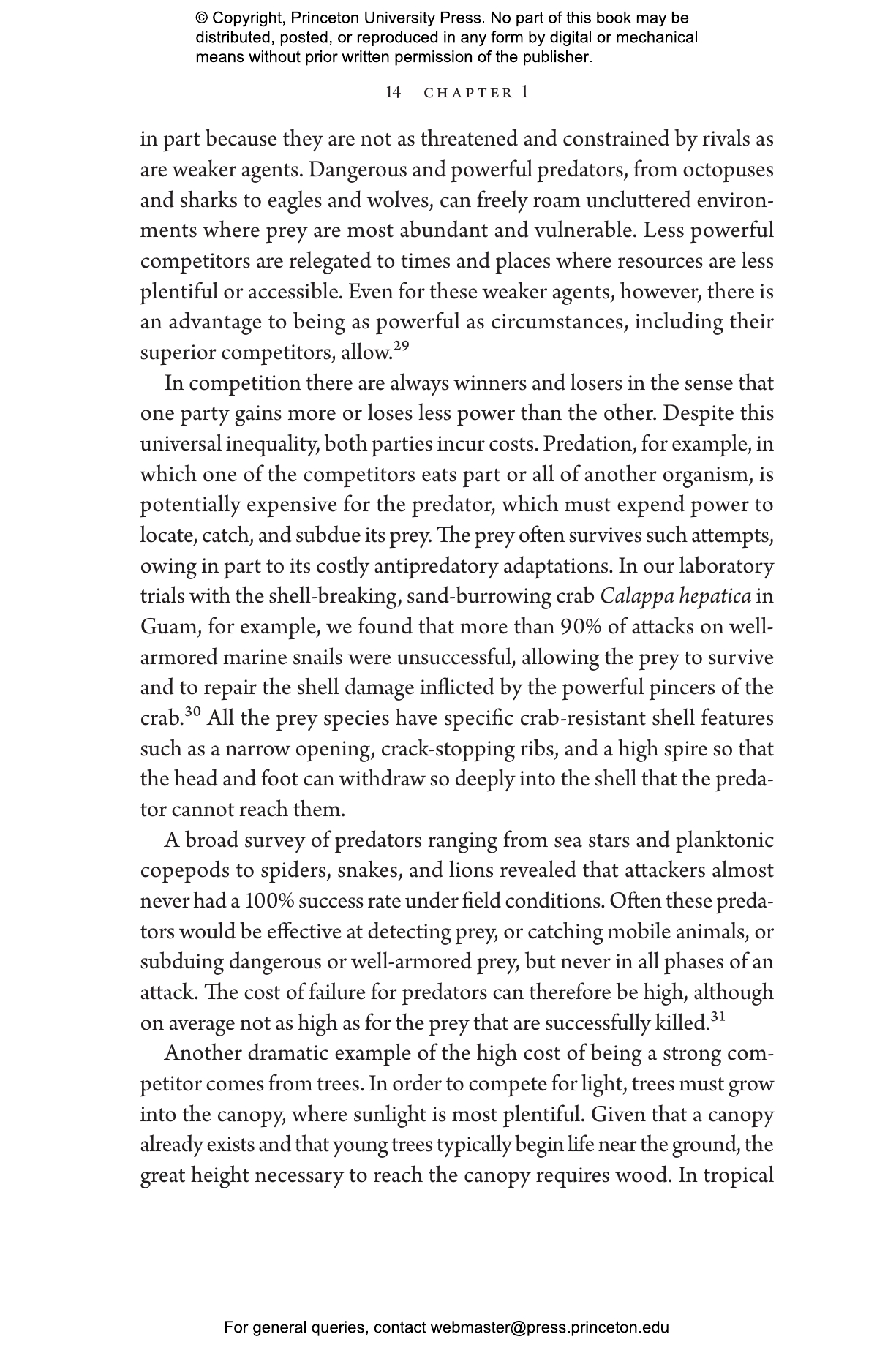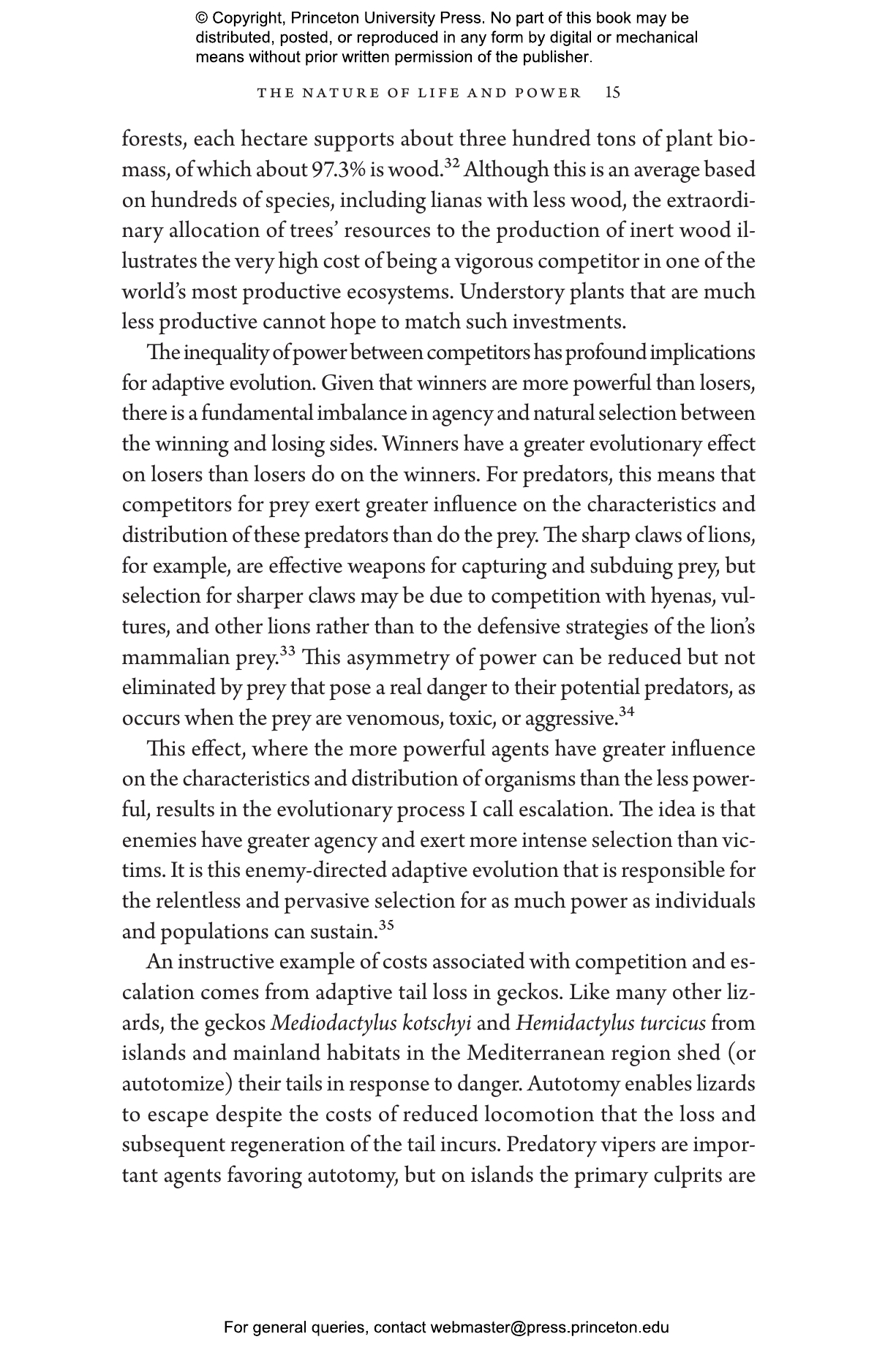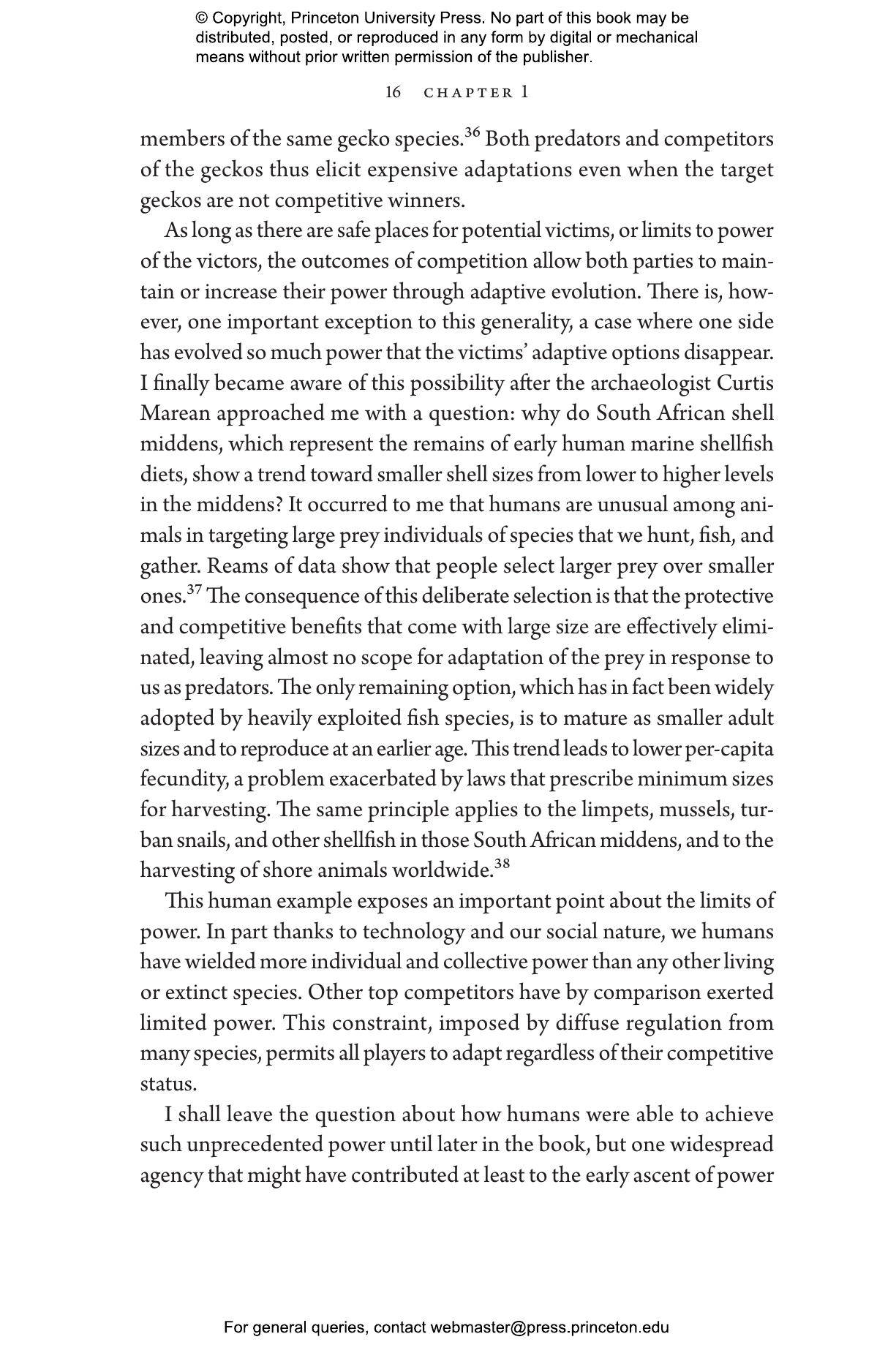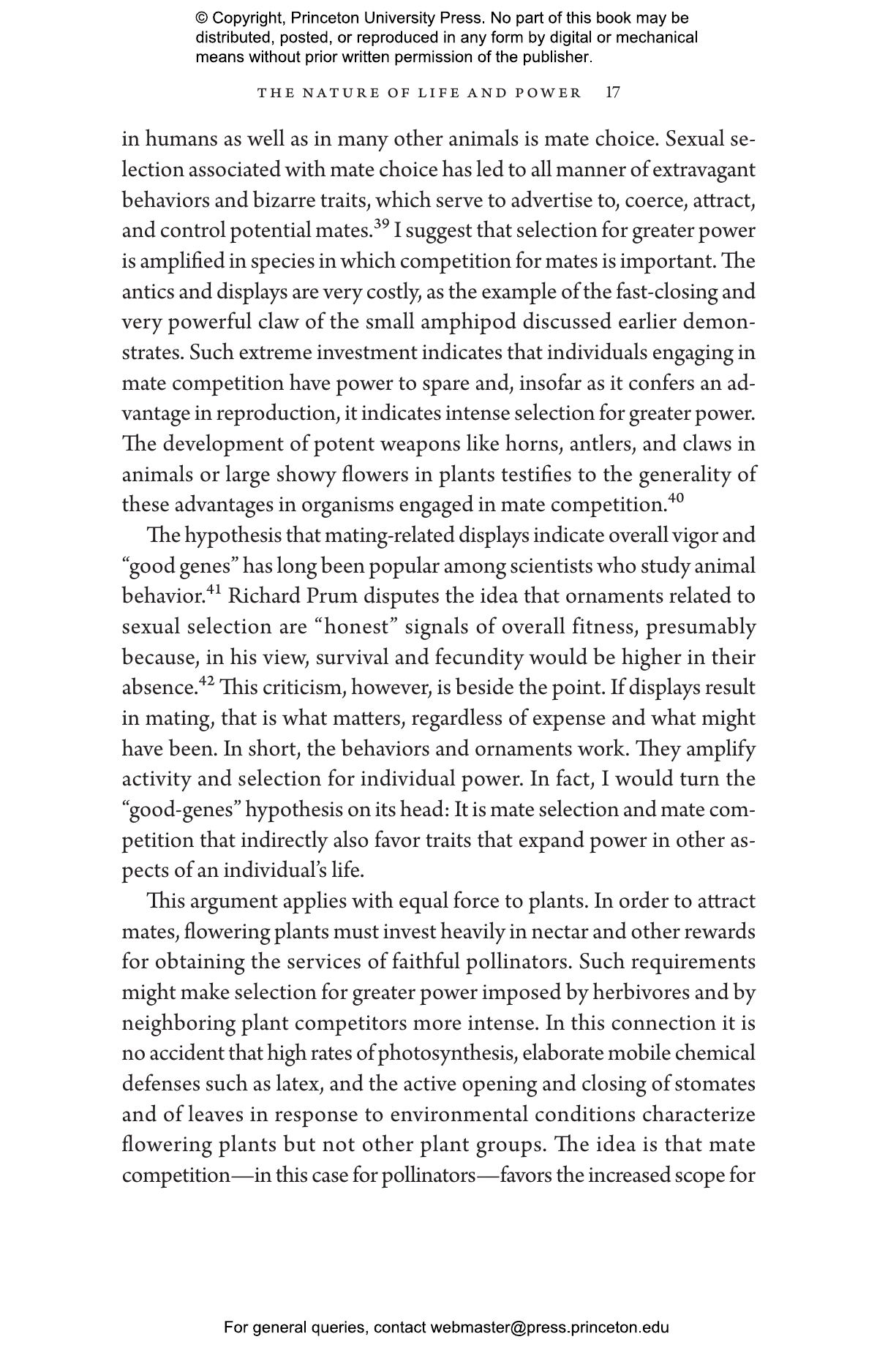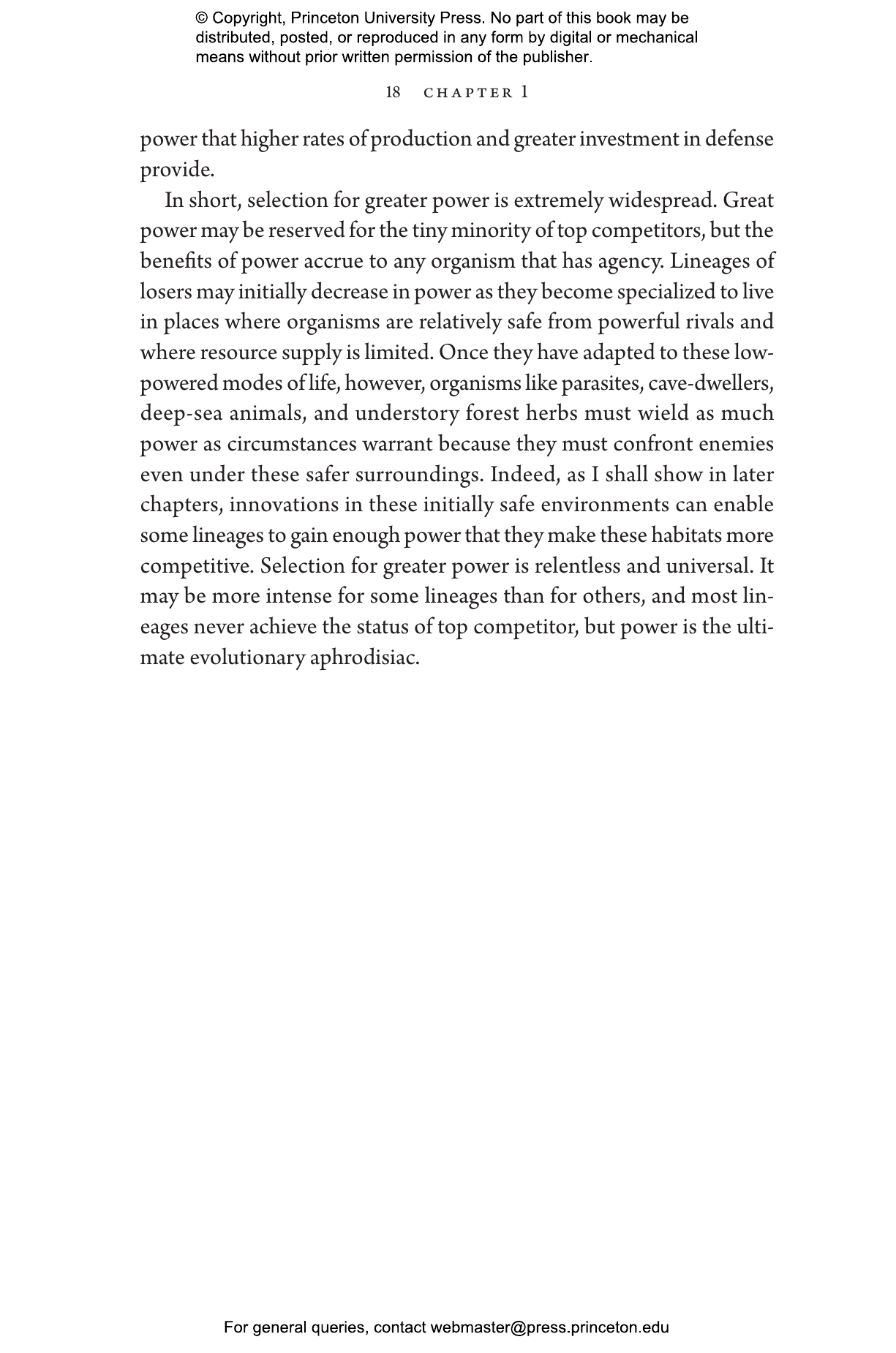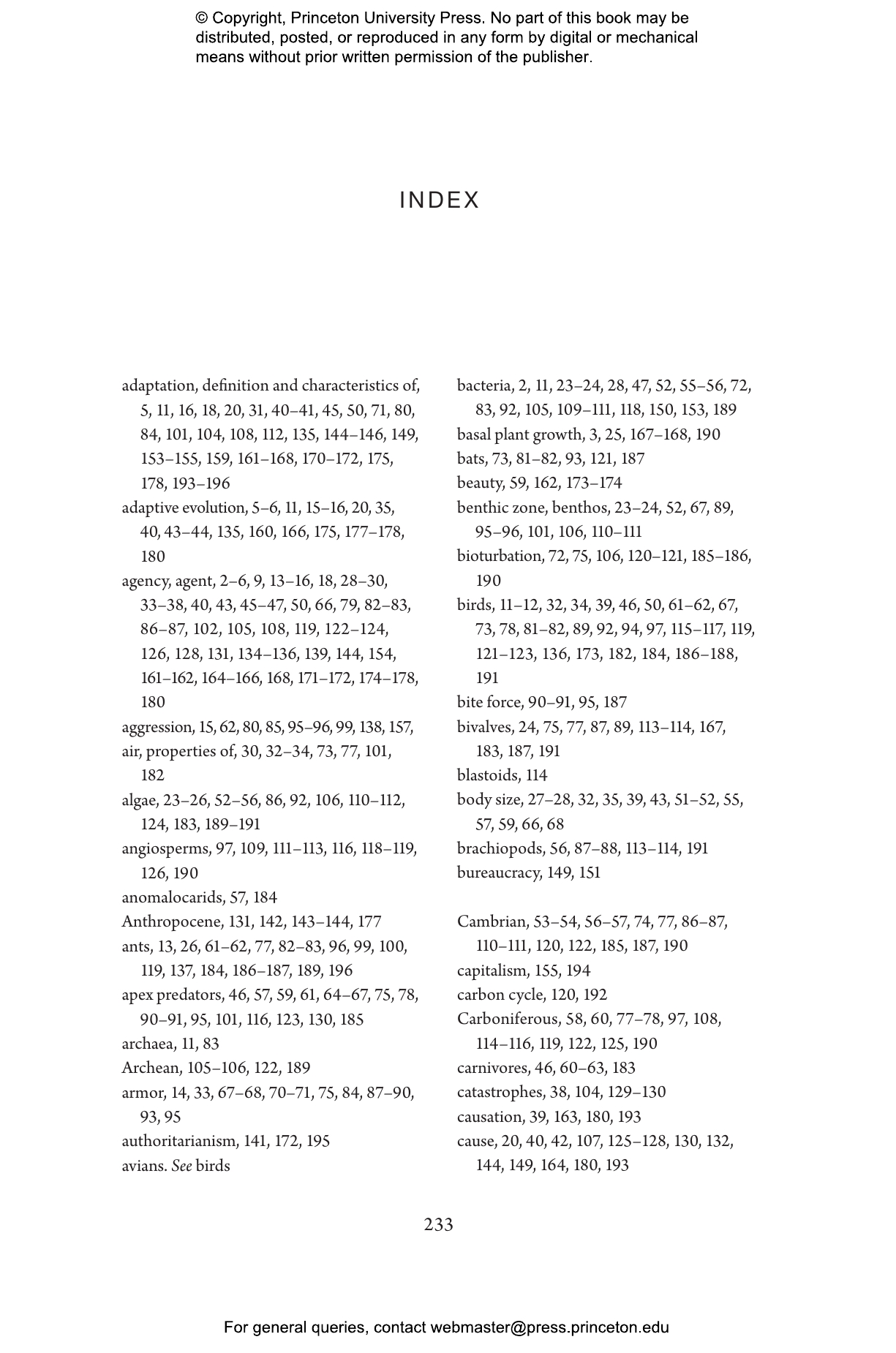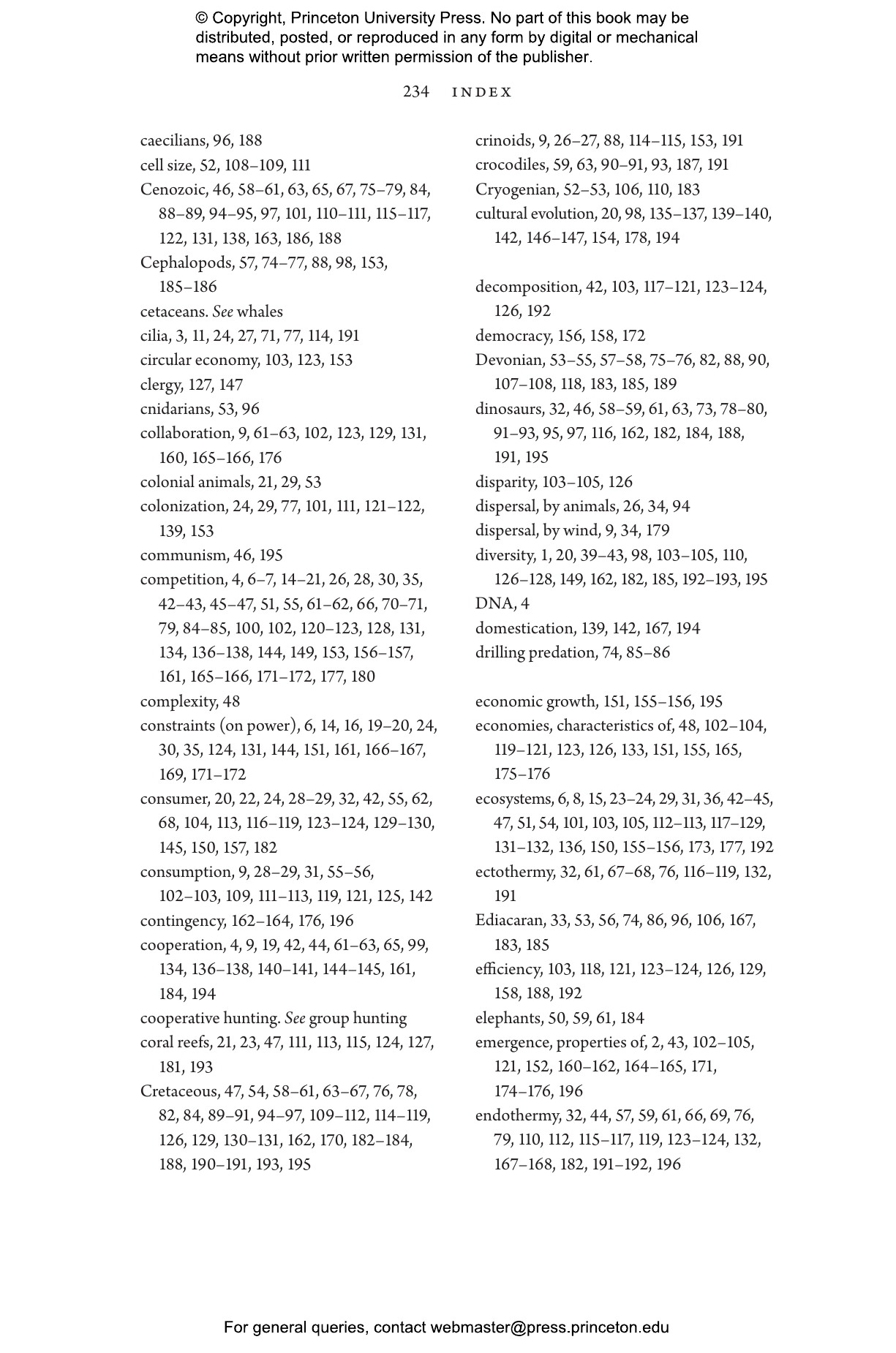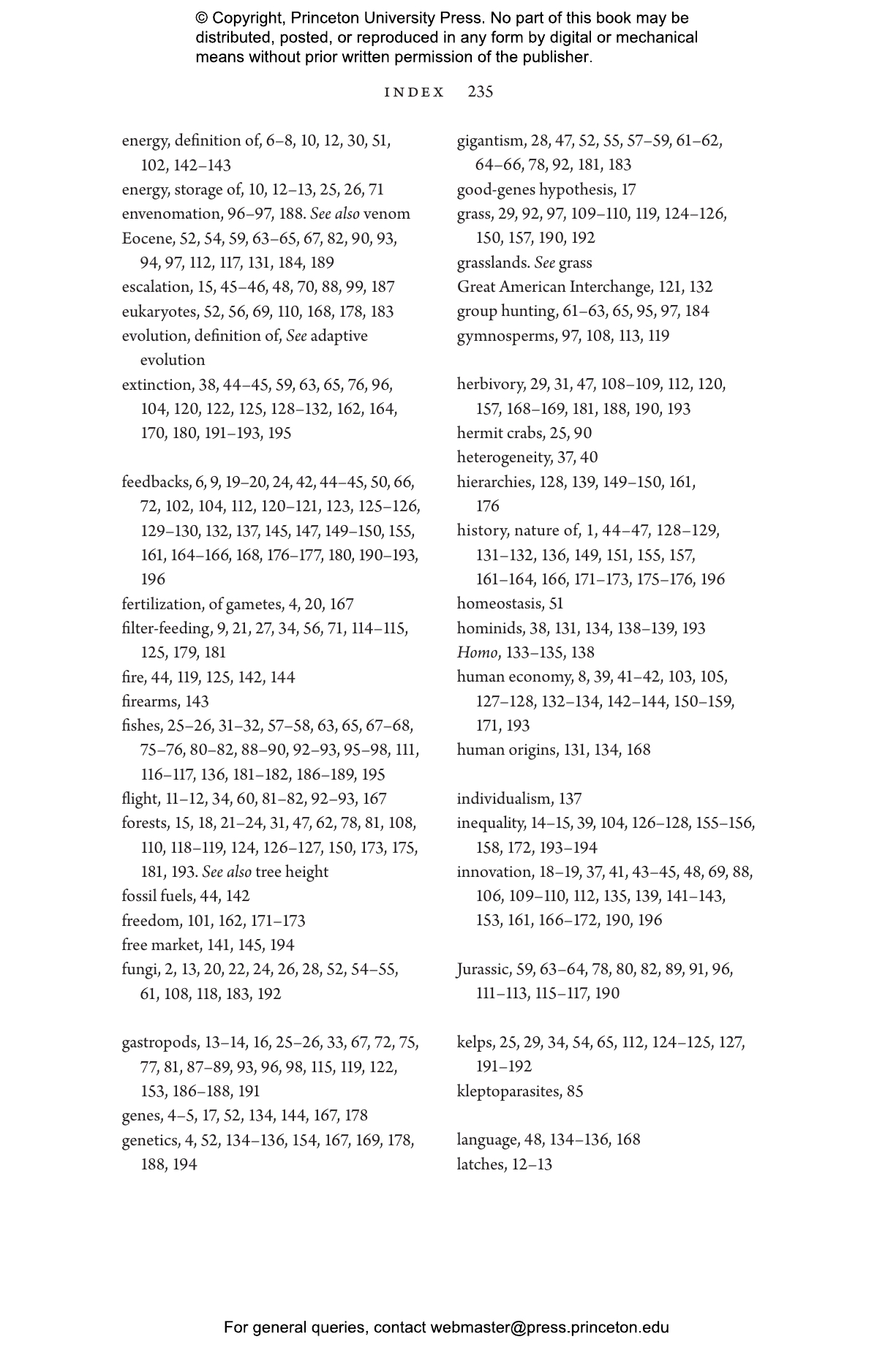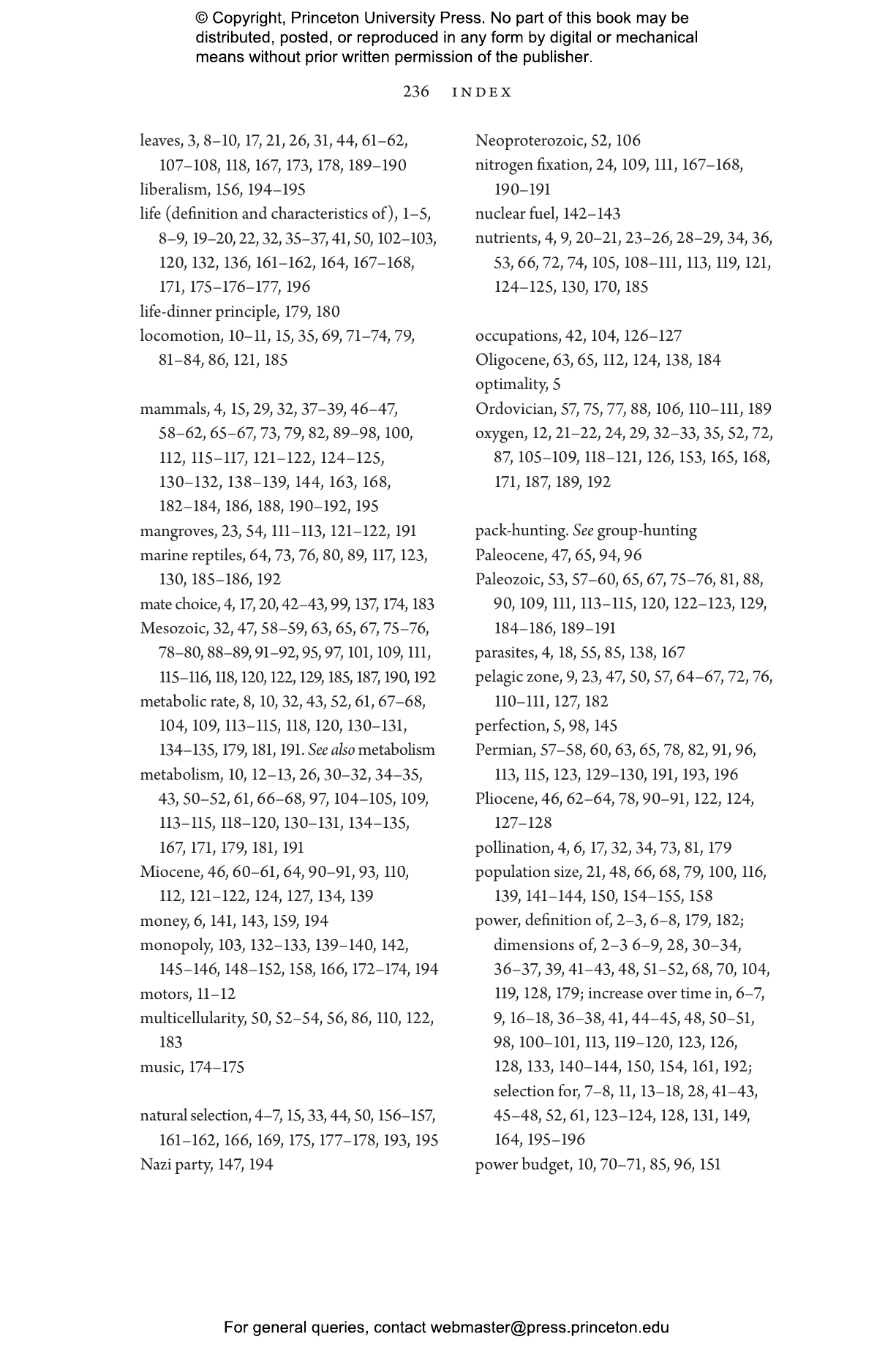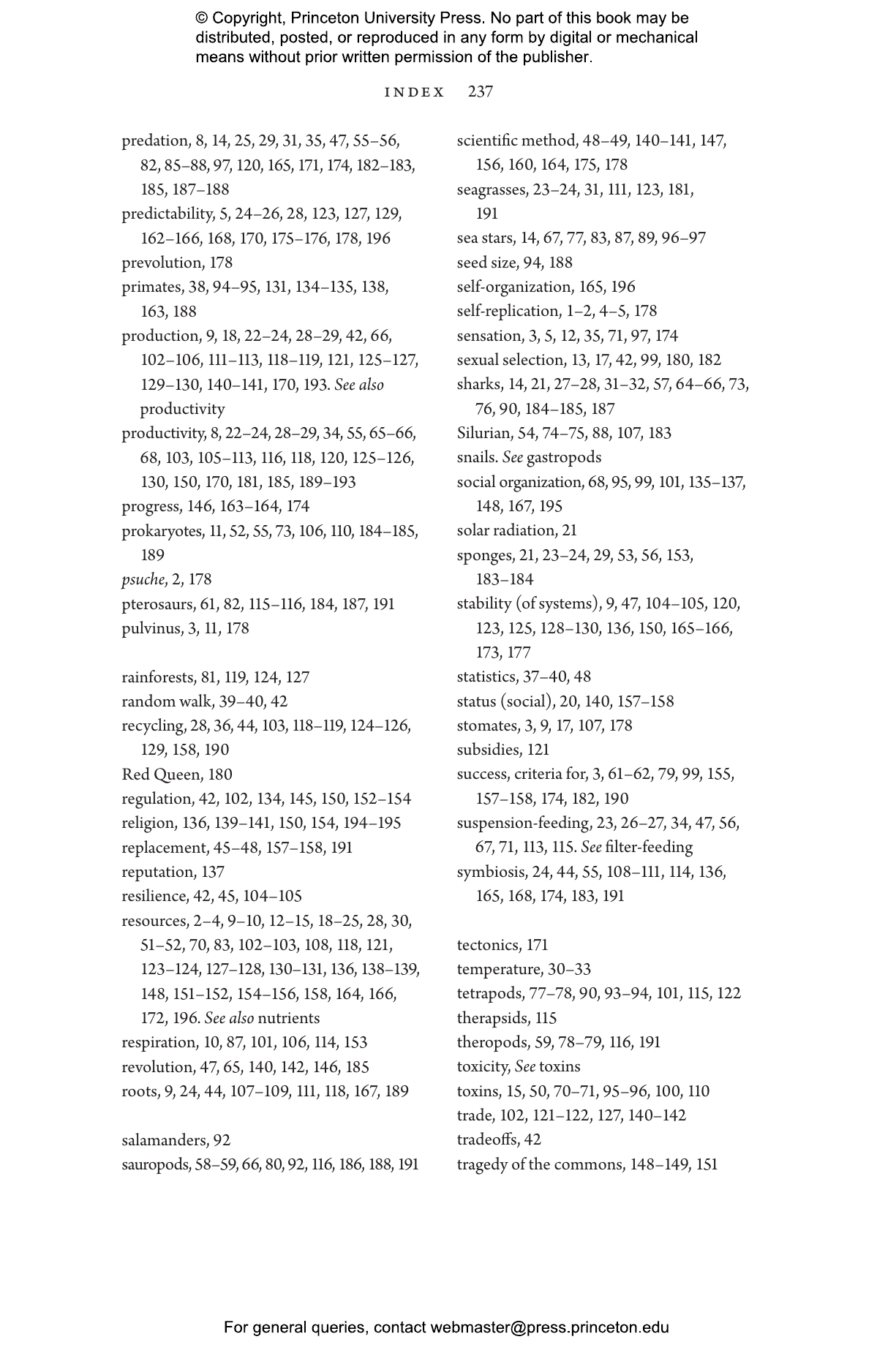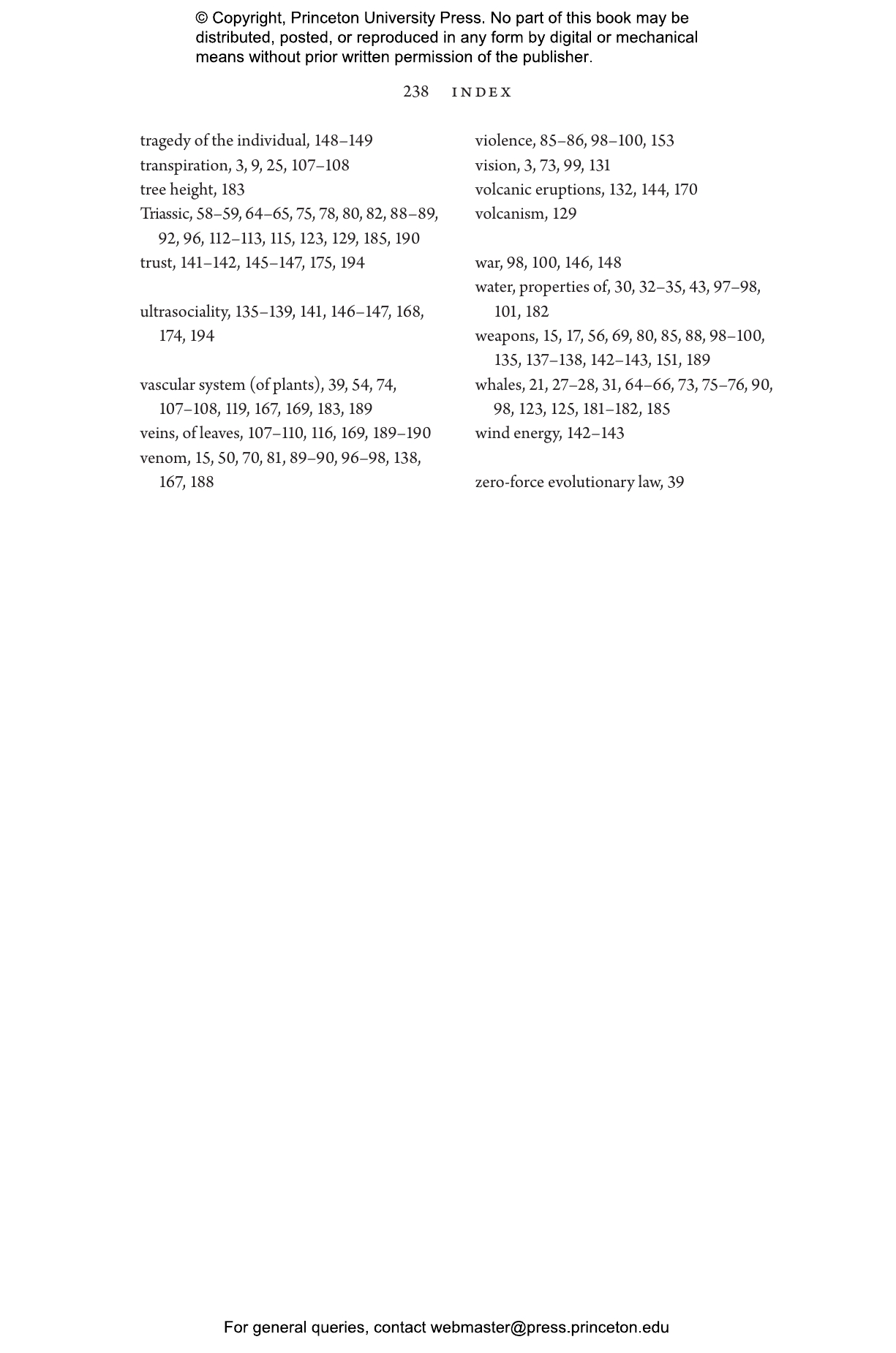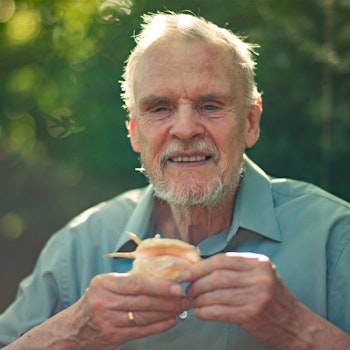Power has many dimensions, from individual attributes such as strength and speed to the collective advantages of groups. The Evolution of Power takes readers on a breathtaking journey across history and the natural world, revealing how the concept of power unifies a vast range of phenomena in the evolution of life—and how natural selection has placed humanity and the planet itself on a trajectory of ever-increasing power.
Drawing on evidence from fossils, living organisms, and contemporary society, Geerat Vermeij documents increases in power at all scales, from body size, locomotor performance, and the use of force in competition to efficiency in production and consumption within ecosystems. He shows how power—which he defines as the rate at which organisms acquire and apply energy—is tied to the emergence of cooperation, and how the modern economy, which for the first time has established a monopoly over the biosphere by a single species, is a continuation of evolutionary trends stretching back to the dawn of life. Vermeij persuasively argues that we can find solutions to the many problems arising from this extreme concentration of power by broadening our exclusively human-centered perspective.
A masterful work by one of today’s most innovative and forward-thinking naturalists, The Evolution of Power offers a new understanding of our place in the grand sweep of evolutionary history.
"[A] thought-provoking study. . . . [Vermeij's] framework offers intriguing new insights, as when he contends that ecosystems operate like self-regulating economies in their exchanges of power and energy as part of a competition for resources. This provides plenty to ponder."—Publishers Weekly
"Vermeij has provided a literate, straightforward account of a challenging, thought-provoking topic, that is accessible to everyone, yet replete with logic, conviction and unassailable science. It may be a tad hyperbolic to describe a work such as this as 'entertaining,' but, in fact, I found it so. Brilliant and entertaining at the same time - and very readable."—David Gascoigne, Travels with Birds
"Absorbing."—Kenneth Silber, Splice Today
"Thought-provoking."—Tony Miksanek, Booklist
"The book can be appreciated by interested generalists, advanced students, and professionals alike."—D. Bantz, Choice
“The Evolution of Power is a staggering illustration of evolutionary thinking as the gift that keeps giving. Vermeij shows how we can unite and expand our knowledge of the world through an understanding of power, affirming our human dignity precisely because we are at one with the rest of life rather than unique products of evolution.”—Michael Ruse, author of Why We Hate: Understanding the Roots of Human Conflict
“Geerat Vermeij’s clarity of thought and command of scientific facts help us see the simple rules that dictate our complex world. He is uniquely able to make sense of all of life on Earth and does so in a fun, lucid, and beautiful way.”—Menno Schilthuizen, author of Darwin Comes to Town: How the Urban Jungle Drives Evolution
“Geerat Vermeij continues his long-standing track record of exceptional research on ecology and evolution in this provocative book, which frames the history of life on Earth—and of humanity—through the lens of power. An engaging read!”—Erin E. Saupe, University of Oxford
“In this delightfully written book, Vermeij brilliantly recasts the standard view of the evolutionary process as one driven by directionless natural selection to one where natural selection is simply the vehicle by which the evolution of organisms is directed by the struggle, opportunities, and costs of acquiring power. Simply brilliant!”—Charles Marshall, University of California, Berkeley
“Wonderfully readable like all of Vermeij’s work, this masterly, sweeping synthesis touches on virtually every level of biological organization in human society and the natural world. A compelling and insightful account of the ways organisms evolve to gain power and change their environments, how their capacities have changed over time, and how power can be viewed as a unifying principle across animate and inanimate systems.”—David Jablonski, University of Chicago
